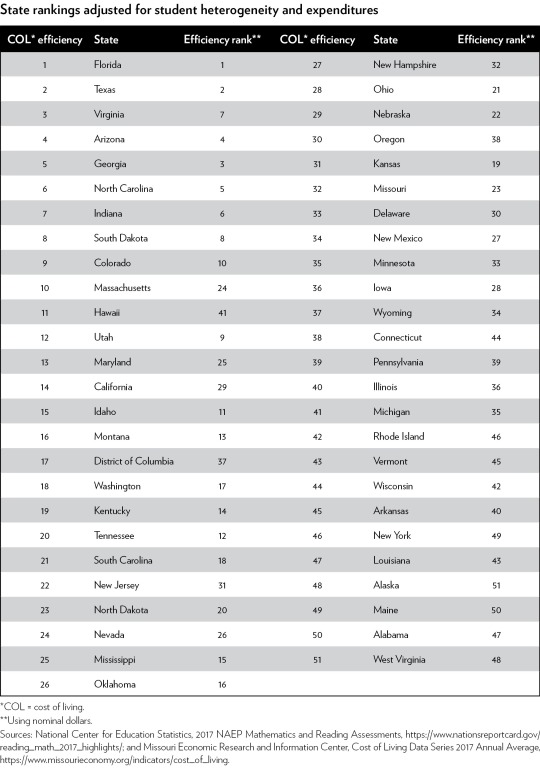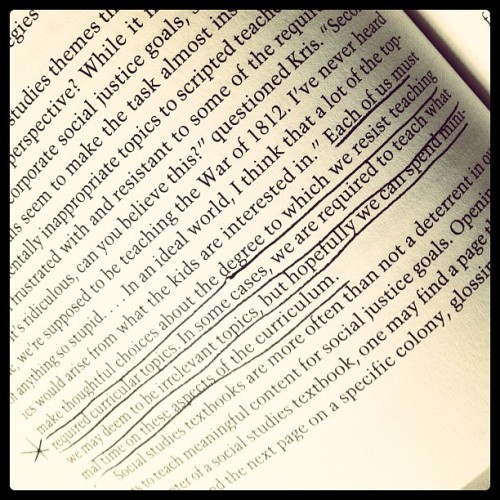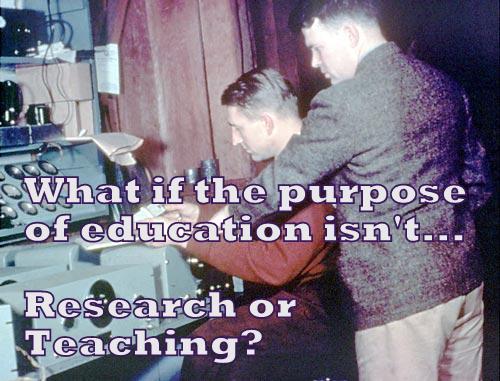#education reform
Teaching resistance by practicing resistance. I can do that. #education #teaching #reading #resistance
Post link
“Students are not really thinking about the future… they’re thinking more of day-to-day things – maybe where they’re going to sleep at night, what they’re gonna eat, if they’re gonna have food after school. Those things are more important, and what the future will be, so…”
This message left at the Zed Omega Hotline – 612-756-ZEDS (9337). Call and tell us your school story!
No audio? Firefox? Aagh. Try a different browser.
School is…
…an archaic paradigm founded in social, economic and religious expectations which no longer reflect the needs and desires of current learners.
I remain a teacher in what sometimes seems to be a very broken system because I want to be part of the metamorphosis of schools. And because of my deep belief in the human spirit which deserves to be honored for its many expressions.
Edwina holds up one of the whiteboards that collected people’s views about school during the Zed Omegas’ “School Map” activity at the Walker Art Center. – Alan
Post link
…the thing that’s really resonating with me is the idea that we still have this 19th-century teaching style, these old ideas, and I think that the only way that we can improve our education in the United States is to totally revamp our classrooms and the way we think about teaching.
This message left at the Zed Omega Hotline – 612-756-ZEDS (9337) – by someone standing on the Island of 19th Century Methods, one of the islands on our School Map. Call and tell us your school story!
No audio? Firefox? Aagh. Try a different browser.
When I’m in Palo Alto, I might stroll by to admire the leafy magnolia tree at 367 Addison Street and take a deep breath of history. Tucked into a cedar-shingled garage there young tinkerers Dave and Bill hand made their oscillators in 1938.
“Dave Packard had gone to Schenectady to work at General Electric. He was told that there was no future in electronics at General Electric and that he should instead concentrate on generators, motors and other heavier equipment,” says the historical plaque marking “The Birthplace of Silicon Valley” as well as the Hewlett-Packard company.
It’s somehow passed my notice other times, yet the garage plaque gives praise to a mentor and professor for encouraging Bill and Dave to go right ahead and make their art.
Through my work behind the scenes with the Zed Omegas, I’ve become attuned to paying attention to larger community influences including mentors and educators such as Dr. Terman. In the past, my focus would have been on the explorer/inventor/student alone. This time I looked Termanup:
“When we set out to create a community of technical scholars in Silicon Valley, there wasn’t much here and the rest of the world looked awfully big. Now a lot of the rest of the world is here,” Frederick Terman reflected.
An interviewer asks, Do you want Stanford University to be a teaching institution or a research institution? He replies:
“A learning institution
-Zephyr
p.s. Keep an eye out on the #mentor tag for when my new Tumblr blog is ready.
Photo: Associated Press, 1939, David Packard, left, and Bill Hewlett, right, developing the audio oscillator.
Post link

Traditional education rankings rankings fail to provide “apples to apples" comparisons among states. By treating states as though they had identical students, they ignore the substantial variation present in student populations across states. Conventional rankings also include inappropriate or irrelevant data to the educational performance of schools, such as raw spending per pupil, graduation rates, and pre-K enrollment.
To better measure educational outcomes, Stan J. Liebowitz, Cato adjunct scholar and Ashbel Smith Professor of Economics at the University of Texas at Dallas (UTD) with Matthew L. Kelly, a graduate student at UTD, compare state test scores for each of three subjects (math, reading, and science), four major ethnic groups (whites, blacks, Hispanics, and Asian/Pacific Islanders) and two grades (fourth and eighth), for a total of 24 potential observations in each state and the District of Columbia. They give each of the 24 tests equal weight and base their ranking on the average of the test scores.
After adjusting for the heterogeneity of students, states in New England and the Upper Midwest who typically perform favorably fall in the rankings, whereas many states in the South and Southwest score much higher than they do in conventional reports.
The authors also produce rankings that, unlike most conventional reports, consider states’ cost-effectiveness of education spending. Florida, Texas, and Virginia are the most efficient in terms of quality achieved per cost of living-adjusted dollar spent. Conversely, West Virginia, Alabama, and Maine are the least efficient. Some states, such as Massachusetts and New Jersey, do an excellent job educating students but also spend quite lavishly and thus fall considerably when spending efficiency is considered.

While the authors observe a positive relationship between spending and achievement using nominal dollars, it disappears when state-level cost of living adjustments are made. This does not necessarily imply that spending overall has no effect on outcome, but merely that most states have reached a sufficient level of spending such that additional spending does not appear to be related to achievement as measured by these test scores.
The authors also briefly examine additional factors that affect student performance. They find states with stronger unions tend to get worse academic outcomes. Unions are negatively related to student performance, presumably through opposing the removal of underperforming teachers, opposing merit-based pay, or because of union work rules. Additionally, the authors’ results indicate that having a greater share of students in charter schools is positively related to student achievement.
Although this study constitutes a significant improvement on leading state education rankings, it retains some limitations. There exists substantial variation in education quality within states and disagreement about desired educational outcomes. However, state-level rankings do provide an intuitively pleasing basis for lawmakers and interested citizens to compare state education policies. The authors’ main goal is to provide rankings that more accurately reflect the learning that is taking place by focusing only on academic achievement and disaggregating scores, rather than scoring inputs and state-wide test scores.

The American Library Association is the primary champion of Banned Books Week, and the group’s website spells out why we are supposed to be outraged. “Banned Books Week is the national book community’s annual celebration of the freedom to read,” it says. The week’s goal is to “draw attention to the problem of censorship by mounting displays of challenged books and hosting a variety of events.”
Basically, we’re supposed to be incensed over people who say “I don’t think anyone should read that,” and then try to destroy the offending books Fahrenheit 451 style. The thing is, for the most part such outright censorship efforts don’t exist. No, most challenges are from parents or taxpayers who don’t want their kids reading or accessing material in public schools that they find offensive, or don’t want objectionable books in the libraries for which they must pay.
The real issue isn’t protecting books from those who would banish them for eternity. It is that public institutions select books in the first place. The instant such a selection is made freedom is already compromised.




